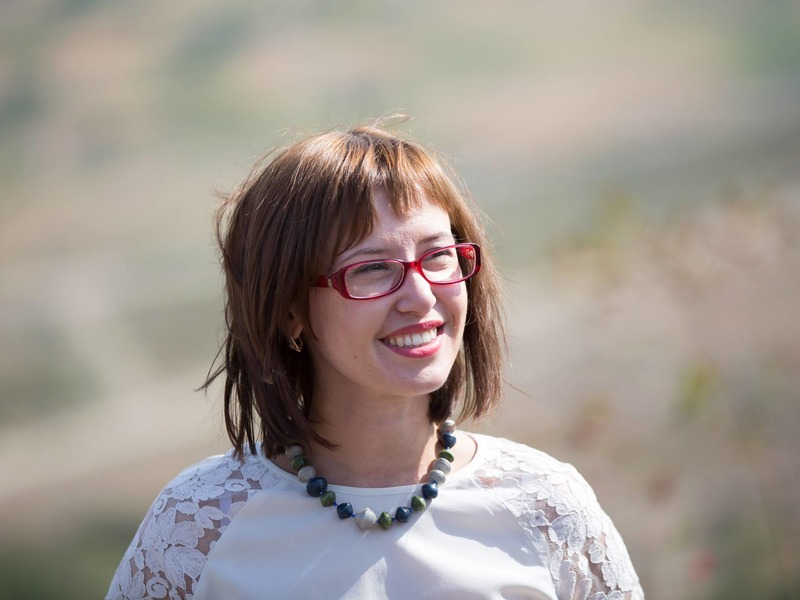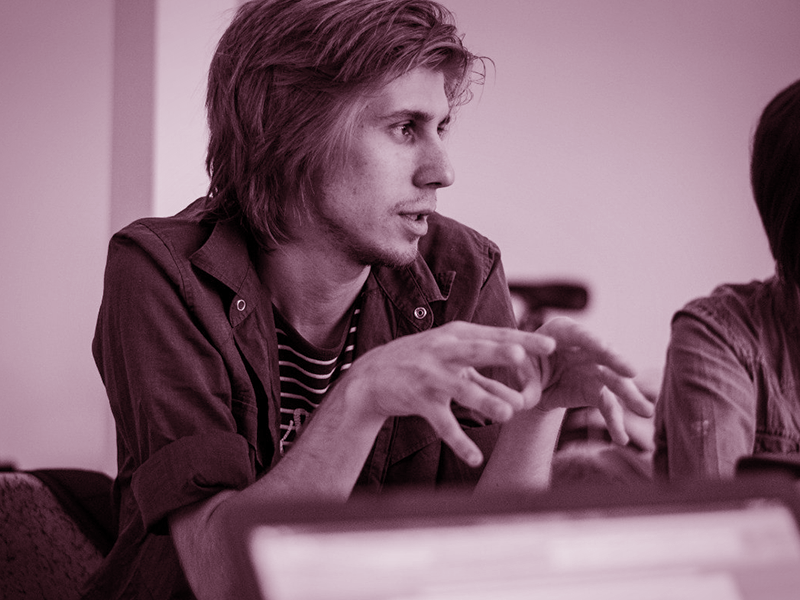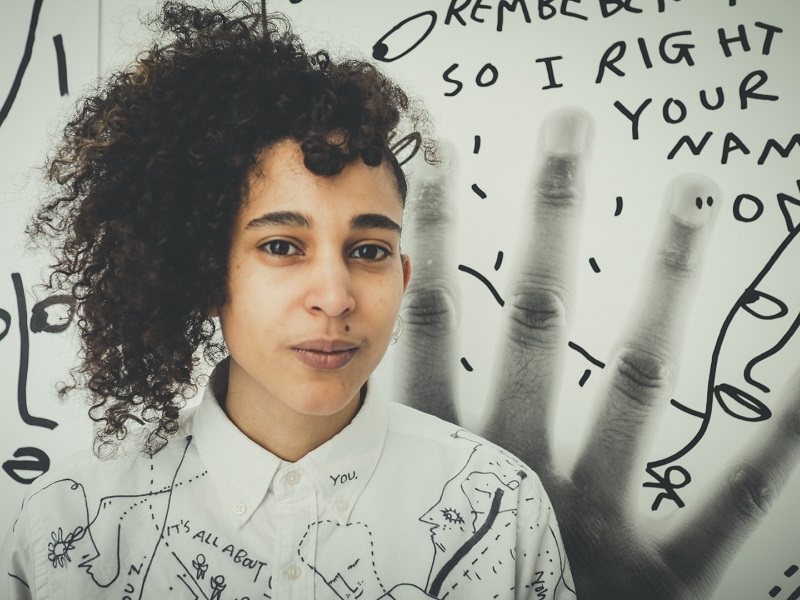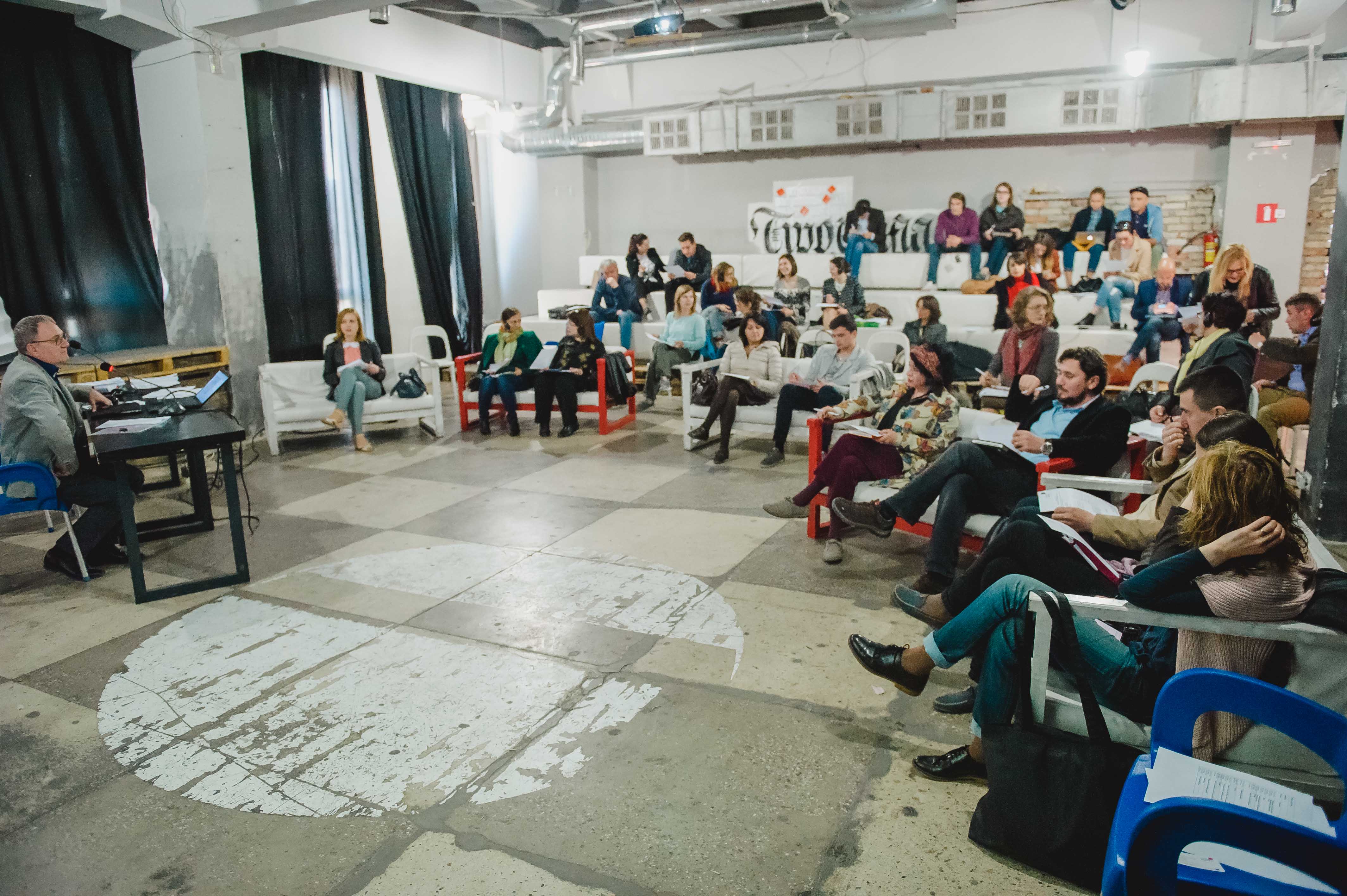
How to monetize a cultural product?
The festival location is in the Natural-Cultural Reservation "Orheiul Vechi", that provides an ideal acoustic arrangement for a symphonic orchestra and rich voices of opera singers. It is the only open-air opera festival in Eastern Europe.
Organized by the Ministry of Education, Culture and Research, in collaboration with the National Opera and Ballet Theatre "Maria Biesu" and the National Philharmonic "Serghei Lunchevici", the festival is hosted by Eco-Resort "Butuceni". There is also valuable support rendered by our strategic partners - the United States Agency for International Development (USAID), the Swedish Government and the Swiss Agency for Development and Cooperation in the Republic of Moldova.
We see the festival as a product of synergy between us and what is happening in the tourism industry. From the very beginning we started to monetize the festival with our cultural product having a business model, that formed the project sustainability. Our festival, besides being on the national cultural agenda of the country, successfully got into the promotion plan of the tourism offer. That's how the brand “Discover the routes of life” and the festival DescOPERA appeared.
Our superpower
USP: You have to understand how your project (festival) is different from others. You need to focus on the concept of USP (Unique Selling Proposition). First USP for us was that the festival DescOPERA is a pioneer open-air classic music festival. Secondly, the festival is held in a state-protected nature reservation, Orheiul Vechi, and the third unique USP feature is that the festival takes place in a rural area, in a Moldovan authentic village (Butuceni). It is a place vibrating with history, and representing the real rural life of Moldova. It is not a commercial event, but a country’s brand event.
Artistic aspect: The quality of a product is of paramount importance. For the festival, we bring only professional orchestras. Another attraction factor, rather than a differentiation, is a foreign conductor who comes to Moldova and conducts the National Philharmonic Orchestra and the Opera and Ballet Theatre orchestra.
The dates: You cannot overestimate the importance of choosing the right dates. If it is a specific, known date, other partners can easily amend their agenda, or travel agencies can create their seasonal offer. We balance this flow of tourists, plus press agencies can issue concise press releases earlier for a better communication.
Monetization: The festivals that had been organized before ours, have taught our consumer that you can go to such an event and pay an entrance ticket. The hardest was the festival monetization during its first edition. We sold under a thousand tickets, which is very little for 3 music evenings. In 2017, we earned 4-5 times more than in the first edition. The revenue was 18-20% of the total budget, which is an important performance indicator for us. The last edition, this year, earned us 30% more money-wise, but the budget has similarly grown a lot compared to previous editions. First edition of any event can never be 100% monetized. There is a constant need for financial involvement from the Ministry and the other donors.

Key Event Components
Product: You must provide a tangible product. After all, the festival is a cultural product that is offered on the domestic and international cultural product markets.
It must be promoted with a target consumer, which entangles strategic and niche communication. For example, at the first edition we communicated too little and were too late to start it. We have used literally no media channels that are focused on our consumer. In 2017, we went for a paid campaign, moderate in tome and with no exaggerations, as our product is as much of a content-driven one than the one focused only “shape”. A classical music festival can’t be promoted by just a TV advertisement or an online banner. It must be communicated through the means of its content. This content can be conveyed through PR techniques, stories and people that bring in uniqueness to the event. Because it's not just a classical music festival, it's, in a matter of fact, the return to our roots.
Communication: Last year we had a better campaign. We managed to bring in 52 foreign journalists. We did some pitching, telling them about Moldova, about the country's culture. We've had dozens of posts and advertisements about the festival and discovering the routes of life. We succeeded in appearing in Polish and Italian media. We are trying to focus not only on the diaspora, but even on local citizens, passionate about classical music. But I think we need to communicate more in the regions, not just in Chisinau.
Budget: Another important point is your budget. You need to secure the cultural product, that's a quarter of the budget. Last year, we had a budget deficiency. Because we had no logistics partner. There were no big private partners to join us. When you have a ministry that does not have time to deal with some implementation, you need to find partners. For example, last year, three weeks before the event, the budget was not secured yet. But we were able to find partners last minute. The lesson learned is you end the current edition and start planning for the next one. The ministry offers you just a quarter of a budget, the rest you to find on your own.
It is good to have equipment, everything for the stage... the technical part done and done, and there is no need to allocate more for it – then and only then you can focus more on next year communications.
Logistics: Another important element is logistics, such as parking options for example. You have to manage very well so that everyone can reach your festival. However, the challenge is that it is an event outside of Chisinau and not all have cars. Also, you depend greatly on outside weather, because it's an outdoor festival. Rain is a big risk. Previous editions were at risk of suffering a hit by rain and we were acting along the news, but this year ponchos were included in the budget. We are already trying to find some engineering solutions for the next editions. We have learned what crisis communication means, you have to have a plan B and plan C…)
It's a family friendly event, so you have to keep in mind families with small children. Then, the layout with catering… We sell not only classical music, but experience as well.
This year we had 4500 visitors, 1500 more than last year. In organizing such events you can’t be an amateur, you have to prove professionalism. The organizing team that takes care of the project at the preliminary stages involves 20 people.

Recommendations (tips) for beginners
1. The Concept. You have to think about your project (festival) as a product. You, as a cultural manager have to appreciate its difference, which is in fact the strengths of a product. Who is your audience and how do you communicate with it. How can a project be sustainable? We need to have a brand-book (most important principles), 2-3 pages about the concept of the project. Each member of the team must take these principles into account.
2. The Stakeholders. All partners must be involved in the process. This translates into a lot of communication and responsibility. To give credit is also not less important. You have to thank or acknowledge the merits.
3. The Outreach. In Moldova communication process is still very linear, very basic. Of course we need to speak in everyone's language. Your product may be very good, but it should be communicated as best as possible. For example, a 16-year-old boy, how do you convince him to come to your festival? Or a mother with a child, how do you convince her? Or those who have no car? Or a 65-year-old man who doesn’t perceive classical music outside a Hall... People must be approached directly and in comfortable way for them.




